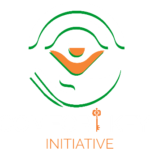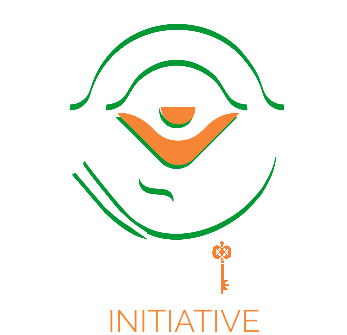About Us
We are a non-profit organization providing support to children all around Africa.
About Us
Comfort Key initiative is a charity organization motivated by a great desire to impact societal change, based in Nigeria and currently working with disadvantaged children in Cross River and Akwa Ibom state.
With the aim of responding to the needs of a good number of vulnerable children within the community and enhance their socio-eco-nomic status.
Over time the initiative has worked to improve the living conditions of the street children, carried out outreach programs to about 100 children and organized skill acquisition programs.
Comfort Key initiative continuously aims to advocate the rights of the street child and to provide a standard rehabilitation home. Led by Akp. Kingsley Thomas, a trained and passionate child health and safety worker in the UK, also a team lead in Nigeria.
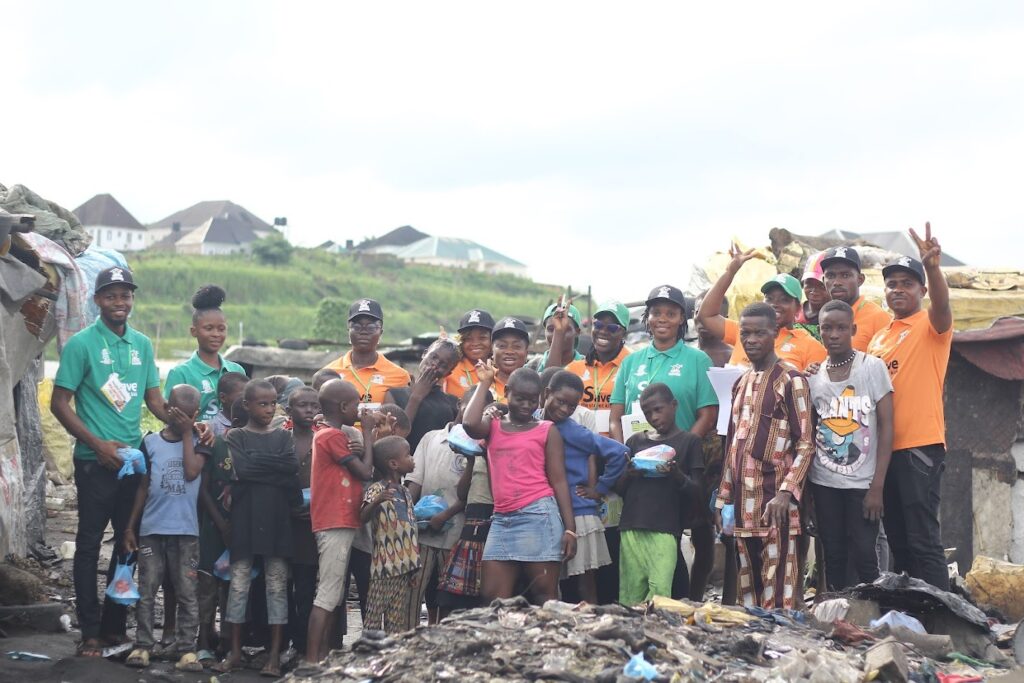
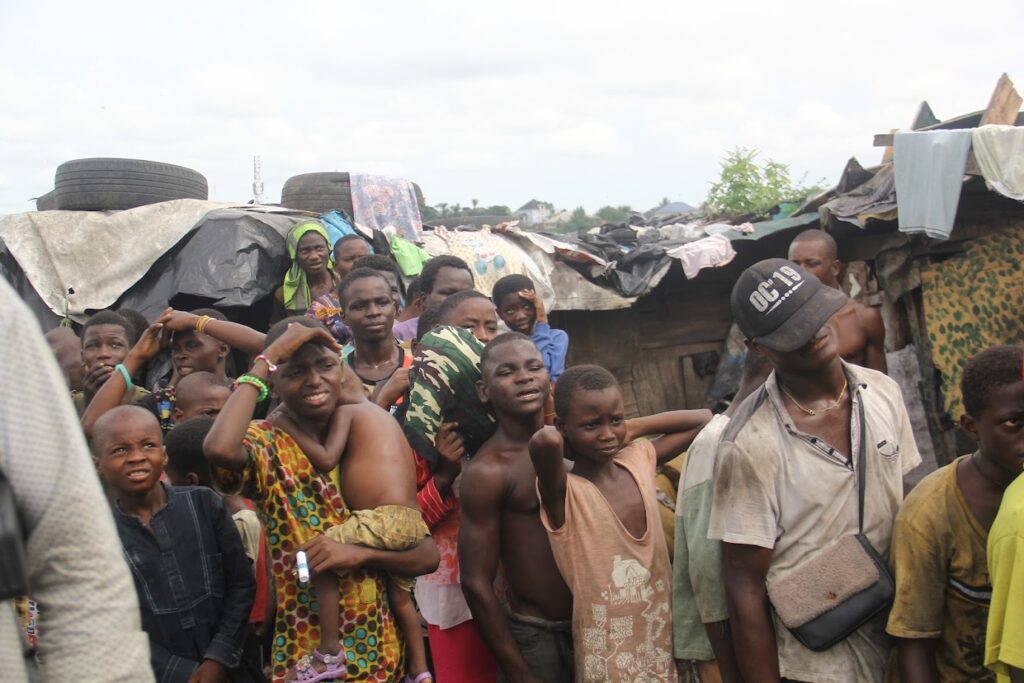
Brief History of Street Kids in Calabar and Akwa Ibom State
In Calabar and Akwa Ibom State, the issue of street children is a significant social challenge that has persisted over the years. The phenomenon of street children in these regions can be traced back to various socio-economic factors that have contributed to the vulnerability of children and their families.
One of the primary reasons for the high number of street children in Calabar and Akwa Ibom State is poverty. Many families living in these areas struggle to make ends meet, leading to children being forced onto the streets to fend for themselves. Lack of access to basic necessities such as food, shelter, and education further exacerbates the problem, pushing more children into a life on the streets.
Additionally, issues such as family breakdown, domestic violence, and parental neglect also play a role in the increasing number of street children in these regions. Some children end up on the streets as a result of abuse or neglect at home, seeking refuge and a sense of belonging among their peers on the streets.
Furthermore, the lack of adequate social support systems and government intervention has also contributed to the persistence of this issue. Without proper rehabilitation programs or shelters for street children, many are left to fend for themselves, perpetuating a cycle of poverty and vulnerability.
Despite efforts by non-governmental organizations and charities to address the issue, there is still much work to be done in providing sustainable solutions for street children in Calabar and Akwa Ibom State. It is crucial for stakeholders at all levels to come together to tackle the root causes of this problem and create a safer and more supportive environment for vulnerable children.
By raising awareness, advocating for policy changes, and providing essential services such as education and healthcare, we can make a positive impact on the lives of street children in these regions and help them build a better future for themselves.
(Feeding and clothing the street kids while on the street is like reviving a tired and hungry snake to continue his vicious attack.
AKPARAWA KINGSLEY THOMAS
(FCMgr. UK)
CO-FOUNDER, COMFORT KEY INITIATIVE)
Locations of Street Children in Calabar and Akwa Ibom State
In our mission to make a difference in the lives of street children in Calabar and Akwa Ibom State, we are dedicated to reaching out to those in need and providing them with support, care, and hope for a better future. Understanding where these vulnerable children are located is crucial in our efforts to assist them effectively.
Calabar:
- City Center: The city center of Calabar is a common area where street children can be found. They often gather near markets, bus stations, and other crowded places where they can seek shelter or beg for food.
- Waterfront Areas: Along the waterfront areas of Calabar, such as Marina Beach and Esuk Mba Beach, street children can be seen trying to survive by engaging in activities like scavenging for food or goods.
- Slum Communities: In slum communities like Atimbo, Anantigha, and Ikot Omin, many street children live in extreme poverty without access to basic necessities.
Akwa Ibom State:
- Uyo City: In Uyo, the capital city of Akwa Ibom State, street children are often found roaming the streets near popular landmarks like Ibom Plaza and Akpan Andem Market.
- Motor Parks: Street children frequently congregate around motor parks such as Itam Junction Park and Peace Park in search of food or money.
- Under Bridges: Some street children seek refuge under bridges along major roads like Abak Road and Ikot Ekpene Road in Uyo.
By identifying these locations where street children are prevalent, we aim to target our outreach programs effectively and provide assistance where it is most needed. Together, we can make a positive impact on the lives of these vulnerable children and help them build a brighter future. (No man dress on White and walk under the rain clothing then and leaving them back on the street is related.
AKPARAWA KINGSLEY THOMAS
(FCMgr. UK)
CO-FOUNDER, COMFORT KEY INITIATIVE )
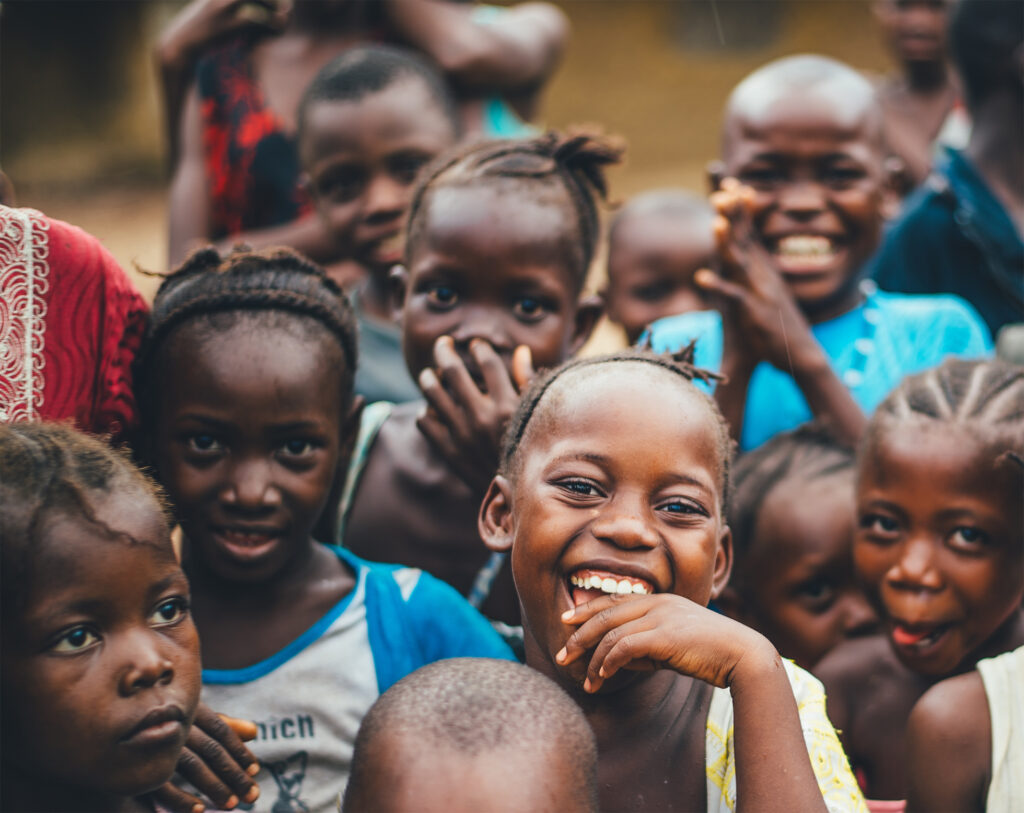
The Dangers and Risks Face by Street Children In Calabar and Akwa Ibom state
The street children face numerous dangers that put them at risk both for their immediate well-being and their future.
Firstly, they are exposed to various health hazards due to their living conditions. According to a report by the United Nations Children’s Fund (UNICEF), street children in Nigeria are often subjected to malnutrition, waterborne diseases, and sexually transmitted infections (STIs) (UNICEF, 2019). The lack of access to clean water and proper sanitation facilities increases their vulnerability to diseases such as cholera, typhoid fever, and hepatitis A. Moreover, they are frequently involved in substance abuse, which further compromises their health.
Secondly, they are at risk of physical harm and violence. Street children are often targeted by criminals who exploit their vulnerability. They may be forced into begging or petty crimes as a means of survival. In some cases, they become victims of sexual exploitation or human trafficking (Amnesty International, 2018). Furthermore, law enforcement officers sometimes use excessive force against them or arrest them for minor offenses (Human Rights Watch, 2017).
Thirdly, they face educational disadvantages that limit their opportunities for a better future. Street children often have no access to formal education due to financial constraints or lack of documentation (UNESCO Institute for Statistics, 2021). This puts them at a significant disadvantage compared to their peers who attend school regularly. As a result, they are less likely to secure gainful employment or escape the cycle of poverty.
Lastly, they experience emotional distress and social isolation. Living on the streets can be an isolating experience for children who have been abandoned or separated from their families (Save the Children International, 2019). They may feel disconnected from society and struggle with feelings of shame and hopelessness. This can lead to mental health issues such as anxiety and depression if left unaddressed
(The street is no home for a child
AKPARAWA KINGSLEY THOMAS
(FCMgr. UK)
CO-FOUNDER, COMFORT KEY INITIATIVE)
Impact of Street Life on Girl Children and Boy Children in Calabar and Akwa Ibom State
The plight of street children in Calabar and Akwa Ibom state is a pressing social issue that demands our attention and compassion. These children, forced to live on the streets due to various circumstances, face unique challenges that significantly impact their growth, development, and future prospects. While both girl children and boy children are affected by street life, the consequences can be particularly grievous for girls.
Impact on Girl Children: Girl children who live on the streets are exposed to numerous risks that can hinder their physical, emotional, and intellectual development. They are more susceptible to sexual exploitation, abuse, and trafficking due to their vulnerability as girls (UNICEF, 2019). The trauma they experience can lead to long-term psychological effects such as anxiety, depression, low self-esteem, and post-traumatic stress disorder (PTSD) (Amnesty International, 2018). Moreover, they often miss out on essential education opportunities which can limit their future prospects. According to UNESCO Institute for Statistics (UIS), approximately 31 million girls worldwide were out of school in 2018; this number includes many girls from Nigeria (UNESCO Institute for Statistics, 2019). In Calabar and Akwa Ibom state specifically, there is a need for increased efforts to protect girl children from these risks and ensure they have access to quality education.
Impact on Boy Children: Boy children also face significant challenges while living on the streets. They are often subjected to physical violence and abuse from adults and other boys (Amnesty International, 2018). They may be forced into criminal activities or drug use as a means of survival (UNICEF, 2019). Additionally, they may miss out on educational opportunities due to their street life circumstances. According to UNESCO Institute for Statistics (UIS), approximately 617 million children worldwide were out of school in 2018; this number includes many boys from Nigeria (UNESCO Institute for Statistics, 2019). It is crucial that we work towards providing support systems for boy children living on the streets so they can break free from the cycle of poverty and violence.
The impact of street life on girl children and boy children in Calabar and Akwa Ibom state is profoundly detrimental. Both groups face unique challenges that require our empathy and action. By raising awareness about their plight and working together towards creating safe environments where they can thrive – through education initiatives, protective services, mental health support – we can help ensure a brighter future for these vulnerable children.
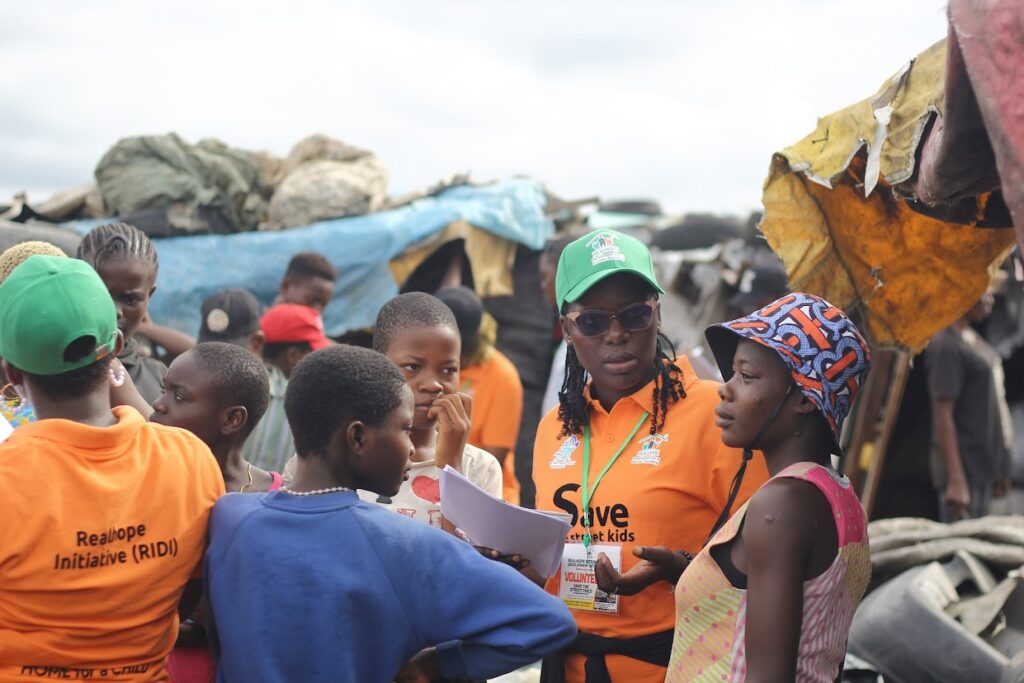
The Impact of the Street Kids in Calabar and Akwa Ibom State
Every child deserves a safe and nurturing environment to grow up in, yet many children in Calabar and Akwa Ibom State find themselves living on the streets due to various circumstances beyond their control. These street children face numerous challenges that not only affect them personally but also have a ripple effect on the state and their families.
State Impact: The presence of street children in Calabar and Akwa Ibom State highlights underlying social issues such as poverty, lack of access to education, inadequate healthcare, and family breakdown. These children often resort to begging, engaging in petty crimes, or even being exploited for labor or trafficking. This not only perpetuates the cycle of poverty but also poses risks to public health and safety.
Moreover, the visible presence of street children can impact tourism, economic development, and overall societal well-being. Addressing the root causes of why children end up on the streets is crucial for creating a more inclusive and prosperous community for all residents.
Family Impact: For families with children living on the streets, the emotional toll is immeasurable. Parents or guardians may be facing their own challenges such as unemployment, substance abuse, domestic violence, or mental health issues, making it difficult for them to provide adequate care and support for their children.
The absence of these children from their homes not only disrupts family dynamics but also exposes them to dangers such as exploitation, abuse, malnutrition, and lack of proper education. Reintegrating street children back into their families requires a holistic approach that addresses both the child’s needs and the underlying issues within the family unit
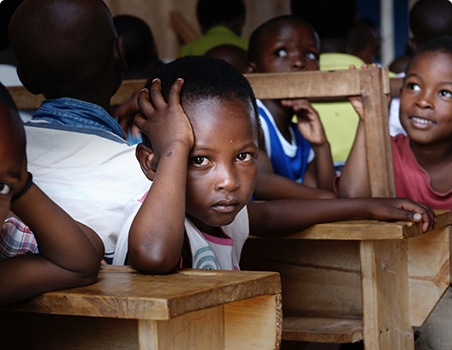
For the welfare of street children in Calabar and Akwa Ibom State, we have identified a comprehensive approach to address their plight. This approach encompasses the following key initiatives:
- Rescue: Our team conducts regular raids in collaboration with law enforcement agencies to rescue children from dangerous situations on the streets. We ensure their immediate safety and provide them with medical attention if necessary. (Rescuing a child today means saving another child from the streets tomorrow.
AKPARAWA KINGSLEY THOMAS
(FCMgr. UK)
(CO-FOUNDER, COMFORT KEY INITIATIVE )
- 2. Rehabilitation: Once rescued, children undergo a rehabilitation process that includes counseling, nutritional support, and access to basic necessities such as clothing and shelter. This phase helps them recover from the trauma they have experienced on the streets. (Build a rehabilitation and skill acquisition centre today or build more prisons tomorrow). Its a choice.
AKPARAWA KINGSLEY THOMAS
(FCMgr. UK)
CO-FOUNDER, COMFORT KEY INITIATIVE )
- 3. Return to parents: Whenever possible, we strive to reunite children with their families or extended family members who can provide a stable environment for their growth and development. This initiative helps restore family bonds and ensures that children are not left alone on the streets again.
- Reintegration into Society: Our ultimate goal is not only to rescue these children but also to facilitate their successful reintegration into society. We believe that every child deserves a chance to thrive and succeed, regardless of their circumstances, in addition to basic necessities, we recognize the importance of financial empowerment in breaking the cycle of poverty for these children. As part of our program, we propose offering insurance policies and opening bank accounts for them during their rehabilitation process. This initiative aims to instill financial literacy skills and provide them with a sense of security for their future.
What we propose as a NGO passionate about Street children in Calabar and Akwa lbom state
At Comfort Key Initiative, we believe that every child deserves a safe and nurturing environment to grow and thrive. Our primary focus is on reaching out to street children in Calabar and Akwa Ibom, offering them a pathway towards a brighter future. We are dedicated to providing these vulnerable children with access to education, healthcare, shelter, and emotional support.
Our Approach
Our approach is holistic and comprehensive. We work closely with local communities, government agencies, and other NGOs to identify street children in need and offer them the support they require. Through outreach programs, educational initiatives, vocational training, and counseling services, we address the root causes of homelessness and help these children reintegrate into society with dignity and confidence.
Empowering Through Education
One of the core pillars of our work at Comfort Key Initiative is education. We believe that education is the key to unlocking a brighter future for these children. By providing access to quality education, we empower them with knowledge and skills that can break the cycle of poverty and pave the way for a better tomorrow.
Nurturing Hope and Resilience
Beyond education, we strive to nurture hope and resilience in every child we reach. Through mentorship programs, counseling services, and recreational activities, we aim to instill a sense of self-worth and confidence in these young individuals. We want them to know that they are valued, loved, and capable of achieving great things.
Building a Supportive Community
Comfort Key Initiative is more than just an organization – we are a community of like-minded individuals dedicated to creating a safe and nurturing environment for street children. We work hand in hand with local authorities, volunteers, donors, and partner organizations to ensure that every child receives the care and support they deserve.
Rehabilitation Homes
One of the key aspects of our work at Comfort Key Initiative is the establishment of rehabilitation homes for street children. These homes serve as safe havens where children can receive the care and support they need to heal from their past traumas and build a better future for themselves. Through our rehabilitation programs, we aim to empower these children with the skills and resources necessary to reintegrate into society successfully.
Empowering Change
Our approach is centered around empowerment and sustainability. We work closely with local communities, government agencies, and other stakeholders to create long-lasting solutions for street children in Calabar and Akwa Ibom. By fostering a sense of belonging, self-worth, and resilience in these children, we strive to break the cycle of poverty and homelessness that plagues their lives.
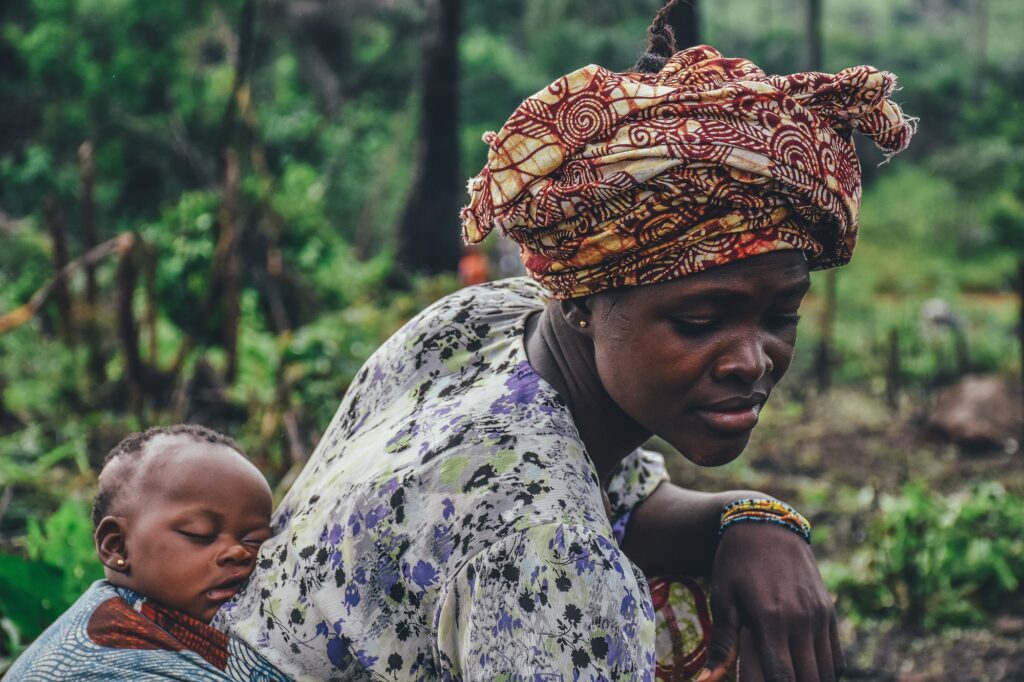
Other approaches includes
Education Initiatives: Education is a fundamental right for every child, and we believe that every street child deserves an opportunity to learn. We provide access to formal education by enrolling them in schools or setting up informal learning centers where they can acquire essential skills and knowledge. (Educate a street child today and save them from becoming tomorrows militant and terrorist
AKPARAWA KINGSLEY THOMAS
(FCMgr. UK)
CO-FOUNDER, COMFORT KEY INITIATIVE)
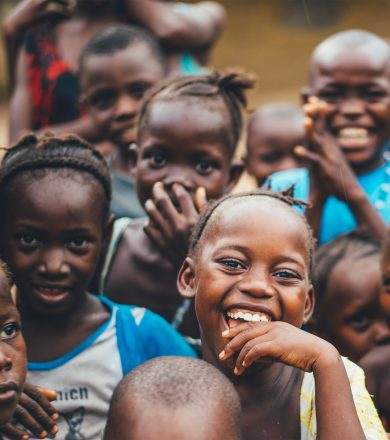
Vocational Training: To equip street children with marketable skills, we offer vocational training programs in various trades such as carpentry, tailoring, hairdressing, and agriculture. These skills enable them to become self-sufficient and contribute positively to their communities.
Advocacy for Child Rights Protection Laws: We advocate for stronger child protection laws at both local and national levels to ensure that street children are not subjected to exploitation or abuse. We collaborate with government agencies, community leaders, and other stakeholders to raise awareness about child rights issues and promote policy changes that prioritize the needs of vulnerable children.
Get Involved Join us in our mission to make a difference in the lives of street children in Calabar and Akwa Ibom. Your support can help us provide essential services, education, and opportunities for these vulnerable children. Together, we can create a brighter future for all. We are extremely open for suggestions.
Our Mission
To facilitate improved life of comfort for the vulnerable through provision of health care, Research/education, nutrition, household economic strengthening and other social support services.
These kids require your help!
Create a better and comfortable life for the vulnerable in the society
